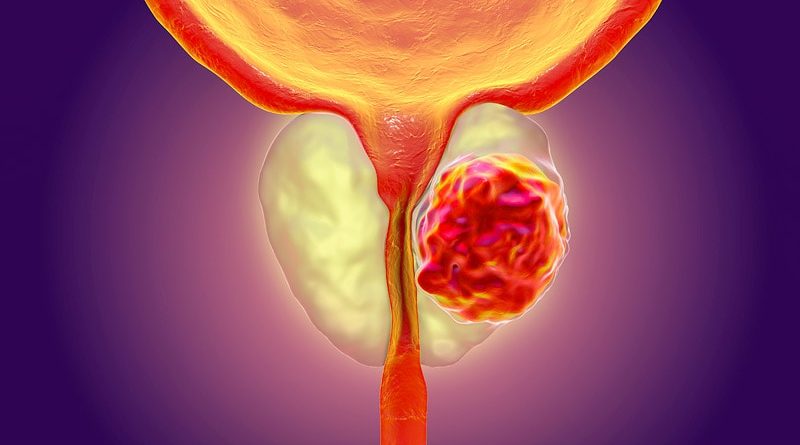High Febrile Neutropenia Risk With Docetaxel in Prostate Cancer
The study covered in this summary was published on researchsquare.com as a preprint and has not yet been peer reviewed.
Key Takeaway
-
The risk for febrile neutropenia from second-line docetaxel (Taxotere) is high in patients with metastatic castration-resistant prostate cancer, particularly for men older than age 75 years and those with multiple comorbidities.
-
Given the risk, the authors suggest routine febrile neutropenia prophylaxis for these patients.
Why This Matters
-
Docetaxel is a standard treatment for metastatic castration-resistant prostate cancer, but it carries the risk of potentially fatal febrile neutropenia.
-
Chemotherapy guidelines recommend routine prophylaxis with granulocyte colony-stimulating factors (G-CSF) if the incidence of febrile neutropenia is higher than 20%.
-
Past studies put the incidence of docetaxel-induced febrile neutropenia in metastatic castration-resistant prostate cancer no higher than 16%; however, these studies were done before the current treatment era.
-
Currently, docetaxel is used after newer hormonal treatments fail, which means men may be sicker and more prone to febrile neutropenia when they receive docetaxel.
-
The investigators found that the incidence of docetaxel-induced febrile neutropenia after hormonal treatment in this patient population is over 20%.
-
Given the findings, the authors suggest routine prophylaxis for these patients, which “would represent a significant change to current practice.”
Study Design
-
The team reviewed 137 men with metastatic castration-resistant prostate cancer treated with docetaxel for a median of five cycles at the Ottawa Hospital from 2015-2020; most patients (89%) had been treated previously with either enzalutamide or abiraterone.
-
The study excluded patients on G-CSF prophylaxis.
-
One third of the subjects were older than 75 years.
Key Results
-
The incidence of febrile neutropenia was 25% (34/137).
-
Among patients who developed febrile neutropenia, 94% required hospitalization for a mean of 5 days and 6% died.
-
Following febrile neutropenia, 53% experienced at least one treatment delay, 71% had at least one dose reduction, and 18% received secondary prophylaxis with white blood cell growth-factors.
-
Multiple comorbidities increased the risk for febrile neutropenia 47%, and older age doubled the risk.
Limitations
-
It was a single-institution, retrospective study with a small sample size.
Disclosures
-
There was no funding reported, and the authors didn’t report any conflicts of interest.
This is a summary of a preprint research study, “Incidence and predictors of febrile neutropenia in patients with metastatic castrate-resistant prostate cancer receiving docetaxel,” led by Sophie Peltekian of Nova Scotia Health Authority, Canada, provided to you by Medscape. The study has not been peer reviewed. The full text can be found at researchsquare.com.
M. Alexander Otto is a physician assistant with a master’s degree in medical science and a journalism degree from Newhouse. He is an award-winning medical journalist who has worked for several major news outlets before joining Medscape and also an MIT Knight Science Journalism fellow. Email: [email protected].
For more from Medscape Oncology, join us on Twitter and Facebook
Source: Read Full Article



